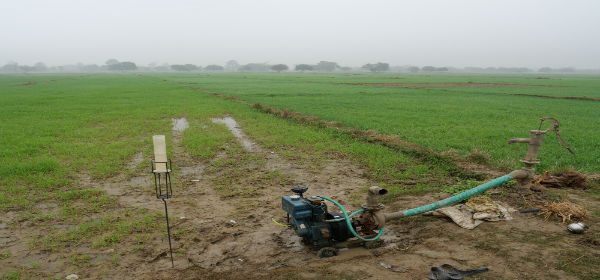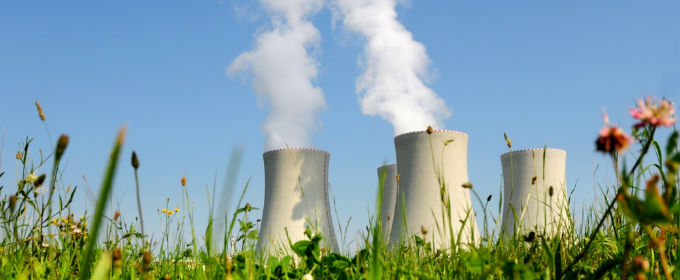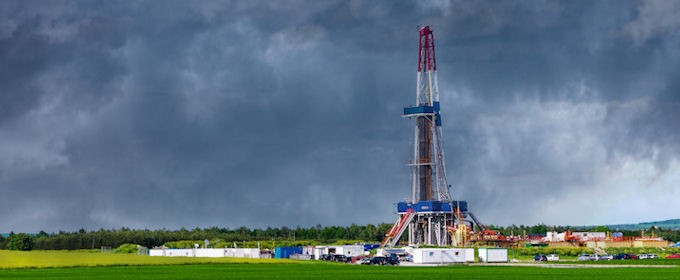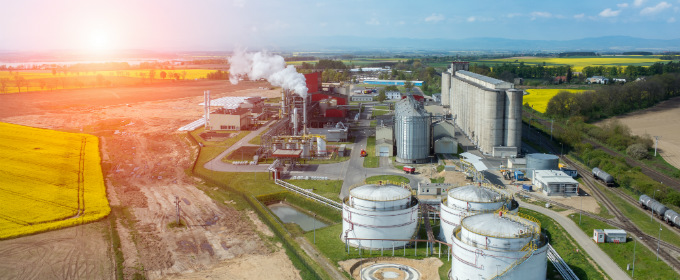The shipping sector is playing a vital role in the COVID-19 pandemic, keeping Britain supplied with everything from pasta to PPE. But what role does it need to play in another great crisis – preventing catastrophic climate change? Here, Simon Bullock from the Tyndall Centre, Manchester, looks at what needs to be done in order […]








